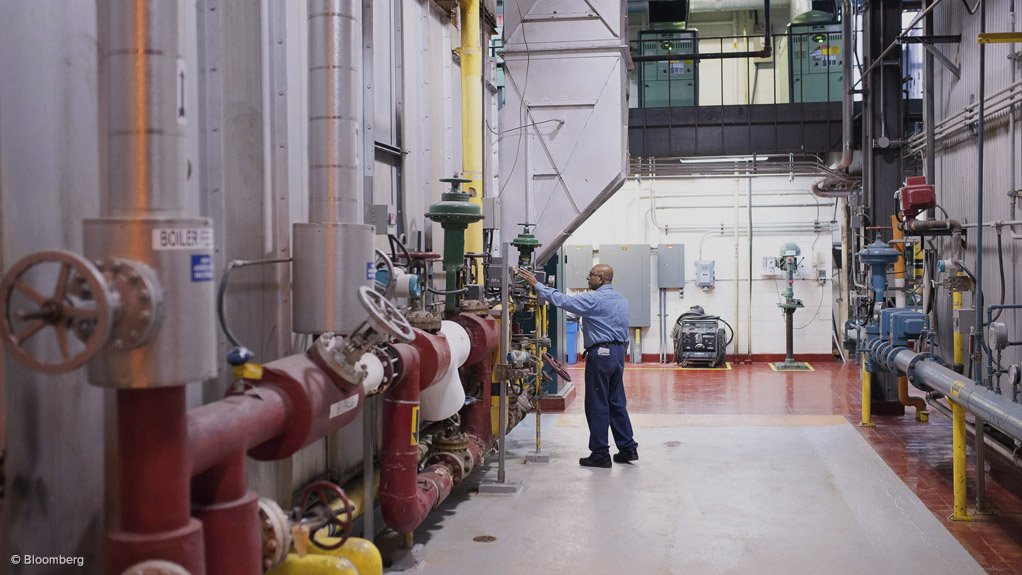Inspection and certification services provider TÜV SÜD South Africa’s successful completion of an outage inspection project at State-owned power utility Eskom’s Medupi Unit 5 has ensured that the power station’s boiler meets the highest standards in terms of quality and safety.
“With the high demand for electricity supply and the associated cost of downtime, effective and efficient inspections are imperative to ensuring power stations’ quick return to service. Although TÜV SÜD South Africa was granted 14 days to complete the inspection, we completed it in 12 days, providing Eskom with valuable savings of two day’s worth of downtime,” highlights TÜV SÜD South Africa COO Koos Geyser.
He says this project was the first time that TÜV SÜD South Africa had been required to evaluate a new boiler for guarantee inspection. The company, moreover, had to complete planning, resourcing and site establishment within a week.
To complete the inspection in such a short timeframe, the company’s strategy was to ensure that it was thoroughly prepared by gathering information about the unit before the project started to ensure that its inspectors had a sound knowledge of the equipment history. “Information is crucial to performing high-quality inspections, as it helps in identi- fying trends regarding the different aspects of the boiler’s structure and operation,” adds Geyser.
In South Africa, boilers must meet the stipulations of the 2009 Pressure Equipment Regulations Act, which promotes a risk-based approach in which the inspection process forms a critical step in enabling the end-user to extend the intervals between pressure tests. Inspection companies needs to comply with ISO 9001 requirements, which govern quality management.
Geyser points out that the detection of wear and damages plays a key role in preventing costly equipment failures, adding that the inspection process also provides an opportunity for gathering important data that can predict the life span of boilers.
“For these two reasons, whoever does the inspection must be highly experienced and qualified. Inspectors must have either a Level I or II qualification with an approved certified body, as well as experience in visual inspections of specific systems within boilers.”
He further stresses that accuracy and well-reported results are very important for future references and lifetime predictions of the equipment under review. This ever- growing demand for precision of information is being supported by key advances in inspection methods, with a move away from the conventional use of radiography to a Phased Array Ultrasonic Testing (PAUT) method that is safer and more sensitive. PAUT enables technicians to inspect units while production continues and it also ensures the detection of smaller discontinuities and defects that were previously more difficult to detect.
“There is constant development to try to improve the accuracy of results and the efficiency of the inspection process. Small-bore phased array and digital radiography are proving highly successful, as is digital radia- tion, which is of great use as a replacement for conventional radiography to detect internal pitting and flow accelerated corrosion.”
Geyser adds that drones are an inspection tool that could come to the fore in the near future, providing visual access to difficult- to-reach areas.
TÜV SÜD South Africa concentrates predominantly on the power generation industry. Coal-fired power plants are the company’s main clients, with about 100 utility-size boilers requiring periodic servicing.
Edited by: Zandile Mavuso
Creamer Media Senior Deputy Editor: Features
EMAIL THIS ARTICLE SAVE THIS ARTICLE
ARTICLE ENQUIRY
To subscribe email subscriptions@creamermedia.co.za or click here
To advertise email advertising@creamermedia.co.za or click here













